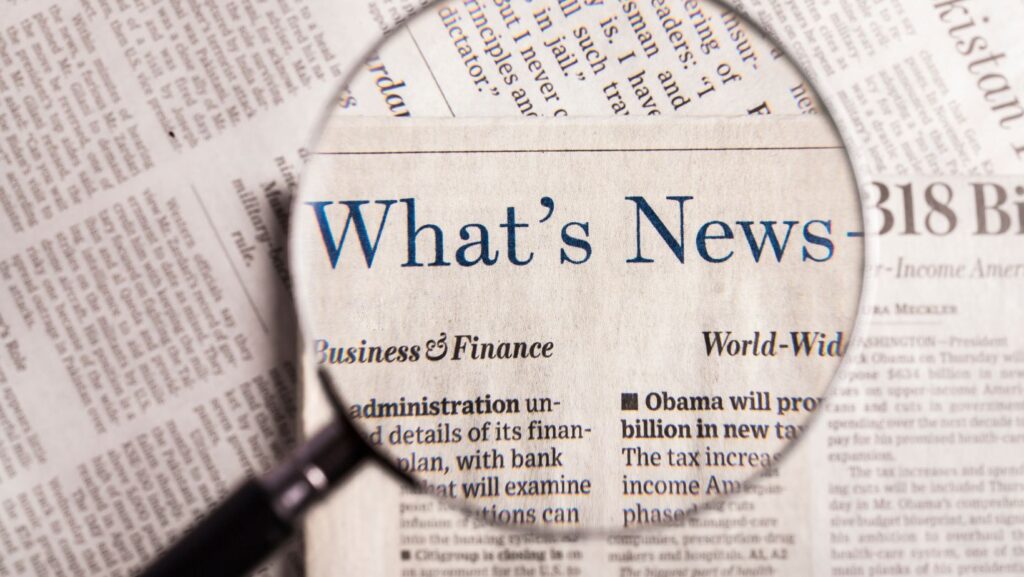In today’s hyperconnected world, every action online leaves a digital footprint. Phones, laptops, and smart devices continuously transmit data to the cloud, creating a profile without consent. This is why a free VPN has become a fundamental aspect of online privacy.
In the United States, internet service providers can sell your browsing history. Advertisers combine cross-site trackers and real-time bidding to profile users. Public Wi-Fi, found in airports and hotels, poses risks of data interception. A free VPN encrypts your traffic, making it difficult to trace back to you.
This review centers on VPNLY, examining its role in daily digital security. We delve into its practical safeguards and user-friendliness. Our goal is to provide a clear understanding of VPNLY’s capabilities for casual browsing, secure travel Wi-Fi, and basic location masking.
This guide serves as a roadmap through the digital landscape. It explains how data flows, where vulnerabilities exist, and the role of a free VPN in everyday life. By the end, you will understand the benefits and limitations of VPNLY, as well as how to maintain privacy while navigating the digital world in the United States.
Understanding the Logic of Privacy in a Hyperconnected Era
Every interaction with digital platforms leaves behind a digital footprint. In the current United States market, network privacy is intricately linked to the flow of data. This flow, from devices to routers and beyond, influences what information is accessible about an individual. Small actions, such as using public Wi-Fi, significantly impact the visibility of personal data.

How Data Moves Across Networks And Why It Matters
Online activities are traced by IP addresses, revealing the origin of requests. Even with HTTPS, certain data like DNS lookups and IP headers can still disclose visited websites. Home internet travels through ISPs, while mobile data goes through carrier systems. Public Wi-Fi networks further complicate the data trail.
Using a VPN encrypts this data flow, replacing your IP with the server’s. Proper VPN settings also centralize DNS, reducing data leaks. This enhances privacy by limiting who can intercept or infer your online activities.
Common Threats: Tracking, Profiling, And Data Brokerage
Platforms like Google and Meta track users extensively using cookies and SDKs. ISPs collect metadata, while public Wi-Fi networks are vulnerable to attacks. These threats include spoofing, sniffing, and DNS poisoning.
Data brokers combine various data points to create detailed profiles. These profiles are used for targeted advertising and risk assessments. In the United States, these datasets are vast and rapidly expanding.
Why A Free VPN Can Mitigate Everyday Privacy Risks
A free VPN encrypts data in transit, thwarting many forms of surveillance. It conceals IP addresses and routes DNS through the VPN, making profiling more difficult. A kill switch prevents data leaks if the VPN connection is lost.
While it cannot block all tracking, a free VPN significantly reduces risks on public networks. It is particularly useful for everyday tasks like browsing and app updates, offering enhanced privacy without cost in the United States market.
VPNLY: A Closer Look at Features, Security, and Real-World Performance
VPNLY seeks to merge robust security with everyday usability. It offers free VPN features designed to address common threats without overwhelming users. This service ensures protection, performance, privacy, and app compatibility, all supported by vpnly.com.
Core Protections: Encryption Standards, Leak Prevention, And Kill Switch Behavior
VPNLY employs advanced encryption, combining AES-256-GCM or ChaCha20-Poly1305 with WireGuard or OpenVPN. It utilizes Perfect Forward Secrecy to safeguard past sessions against key exposure. The service also includes DNS leak protection and IPv6 handling to maintain query secrecy.
A kill switch is implemented to halt traffic if the tunnel fails, minimizing IP or DNS exposure. Split tunneling is available with cautious defaults, and VPNLY clearly communicates potential risks. This approach empowers users to make informed decisions without uncertainty.
Speed, Reliability, And Streaming Access In The United States
Throughput and latency remain consistent during peak hours on nearby servers. Performance is influenced by Wi-Fi signal, ISP load, and distance. Tests across the East Coast, Midwest, and West Coast show better results with shorter distances and wired connections.
U.S. streaming capabilities can fluctuate as platforms like Netflix, Hulu, Disney+, and Max update their content blocks. VPNLY’s free VPN features occasionally grant access to select endpoints, with IP addresses rotating as necessary. HD playback is most reliable on low-latency servers during off-peak hours.
Privacy Posture: No-Logs Claims, Jurisdiction, And Transparency
VPNLY adheres to a no-logs policy, avoiding the storage of traffic content and DNS queries linked to users. The review examines whether source IPs or timestamps are retained and the legal framework governing the company. Audits from firms like Deloitte, Cure53, or NCC Group add credibility when available.
Regular updates enhance transparency, including reports on requests, security patches, and protocol choices. The free tier may require minimal account data, with telemetry limited to essential operations and clearly explained.
Ease Of Use: Setup, Apps, And Device Compatibility
Setup on Windows, macOS, Android, and iOS is streamlined for one-tap connections, auto-reconnects, and quick server selections based on latency. Clear privacy settings and readable logs facilitate troubleshooting without technical jargon.
App compatibility extends to browser extensions and select routers, where supported. It accommodates a typical mix of laptops and phones, ensuring ease of use for families and travelers. For SEO.
Where vpnly.com Fits: Account Creation, Support, And Updates
On vpnly.com, creating an account is straightforward, with clear plan comparisons. Server lists, release notes, and security update histories help users track changes over time.
Support options include email, ticketing, and a comprehensive knowledge base addressing setup and billing queries. Changelogs detail protocol deprecations and new encryption settings, reinforcing the service’s commitment to transparency and updates.
Comparing Free VPN Options and When They Make Sense
When selecting a free VPN, it’s crucial to conduct a thorough comparison. Focus on bandwidth limits, server locations, and customer support quality. These factors are essential for everyday use. For those prioritizing United States privacy, assess your immediate needs against potential future upgrades.
Free VPN Versus Paid Plans: Trade-Offs In Bandwidth, Servers, And Support
Free VPNs often impose bandwidth restrictions, limit server choices, and restrict device connections. Paid options, however, offer increased speeds, specialized servers for streaming or P2P activities, and dedicated customer support. In your free VPN comparison, scrutinize whether VPNLY manages peak traffic and protocol usage effectively. Also, verify if vpnly.com clearly communicates these limitations.
Red flags to avoid with a free VPN provider
Be cautious of free VPNs that collect extensive data, employ trackers, or obscure their policies, potentially violating United States privacy standards. Look out for outdated protocols, missing kill switch features, and DNS or IPv6 leaks. Opt for providers that publish audits, maintain transparent policies on vpnly.com, and only collect necessary data.
Use Cases: Travel Wi‑Fi, Casual Browsing, And Basic Location Privacy
Free VPNs are suitable for quick tasks on public Wi-Fi, casual browsing, and basic location privacy to minimize ad tracking. They are ideal for simple tasks on untrusted networks. However, if your needs exceed bandwidth limits or require multiple server locations, consider upgrading to a paid plan.
How VPNLY’s Free VPN Model Stacks Up Against Competitors
VPNLY stands out for its consistent speeds during peak hours, reliable U.S. endpoints, and transparent no-logs policy. Compare VPNLY’s server locations, bandwidth limits, and customer support access with competitors. The presence of detailed documentation on vpnly.com, modern protocols, and consistent kill switch functionality makes VPNLY a top choice for students, travelers, and casual users.
Conclusion
In today’s interconnected world, a free VPN provides a fundamental level of online privacy. It protects basic browsing and public Wi-Fi connections, where data is most vulnerable. For users in the U.S., it transforms risky networks into secure environments, without increasing costs or complexity.
Our evaluation criteria centered on critical aspects: robust encryption, leak prevention, and a dependable kill switch. VPNLY excels when these elements are integrated, supported by transparent no-logs policies and clear jurisdiction information. The actual speed and uptime in the U.S. will determine if VPNLY meets daily needs.
For those frequently using travel, campus, or café Wi-Fi, VPNLY offers immediate benefits. However, if you require more bandwidth, reliable streaming, or premium support, consider upgrades or alternatives. Examine protocol options, confirm the kill switch functionality, and scrutinize policy details on vpnly.com to ensure compatibility.
The essence is straightforward: align your risk tolerance, performance requirements, and financial resources. VPNLY offers U.S. users a practical solution for secure browsing today, with the flexibility to upgrade as needs evolve. Begin with the free VPN, assess your essential tasks, and then evaluate if a paid subscription provides significant advantages.




